Bullmastiff
Showing all 6 results
iHeartDogs is Your #1 Source for Bullmastiff Lover Gifts – Bullmastiff Shirts, Bullmastiff Sweatshirts, Bullmastiff Mugs, Bullmastiff Jewelry, Bullmastiff Memorial Products & More!
Each Purchase Helps Provides Donated Food to Shelter Dogs!
Since 2013, iHeartDogs has supported rescues and shelters through each purchase in our Bullmastiff gifts store. Shop bullmastiff t-shirts for him, bullmastiff shirts for her, bullmastiff mugs, bullmastiff hoodies & sweaters, bullmastiff jewelry, and bullmastiff pet memorial gifts.
In our iHeartDogs Dog Health Supplements store, you’ll find Hip & joint supplements for your bullmastiff, bullmastiff probiotics, CBD for bullmastiffs, bullmastiff allergy supplements & fish oil, and bullmastiff dental chews & cleaners.
With the cost of veterinarian care skyrocketing, make sure you compare pet insurance plans for your bullmastiff. In recent years, many new pet insurance companies have entered the market and pet insurance for your bullmastiff has become more affordable.
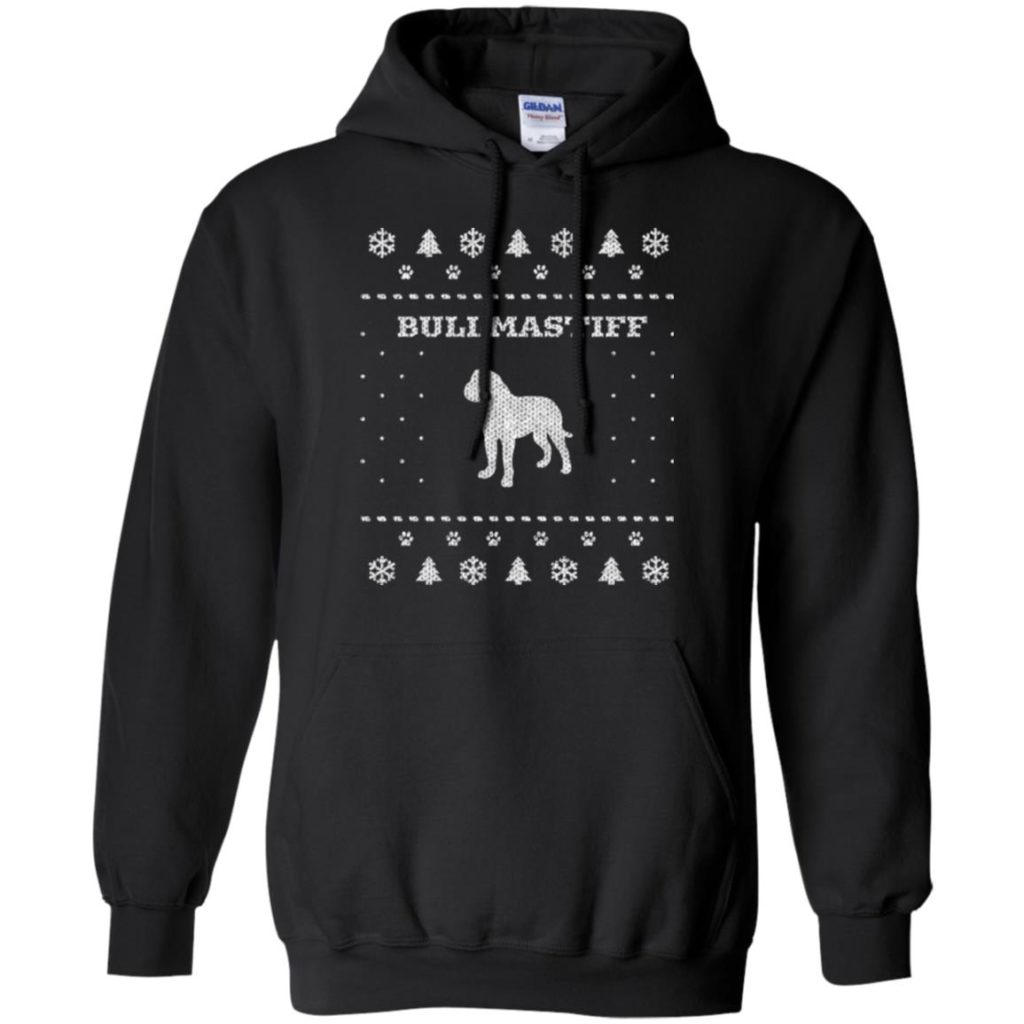
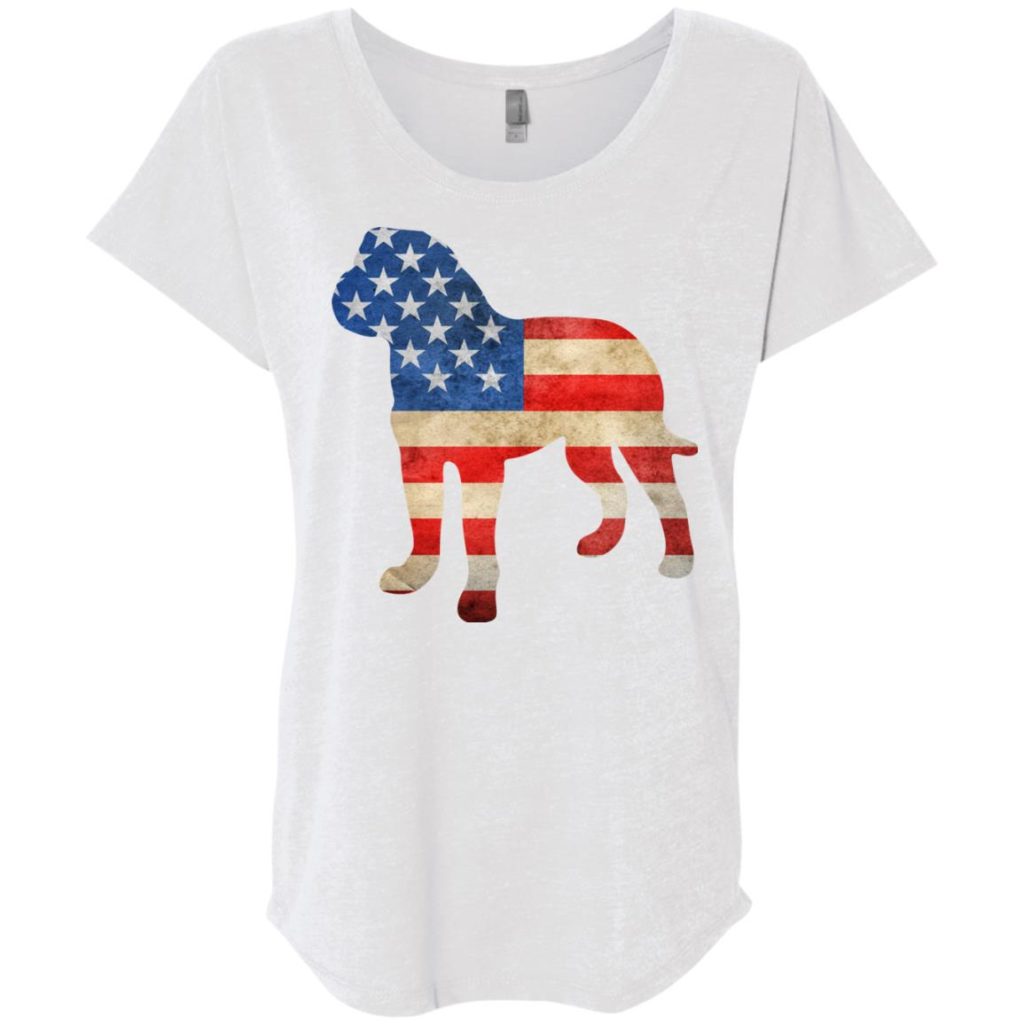
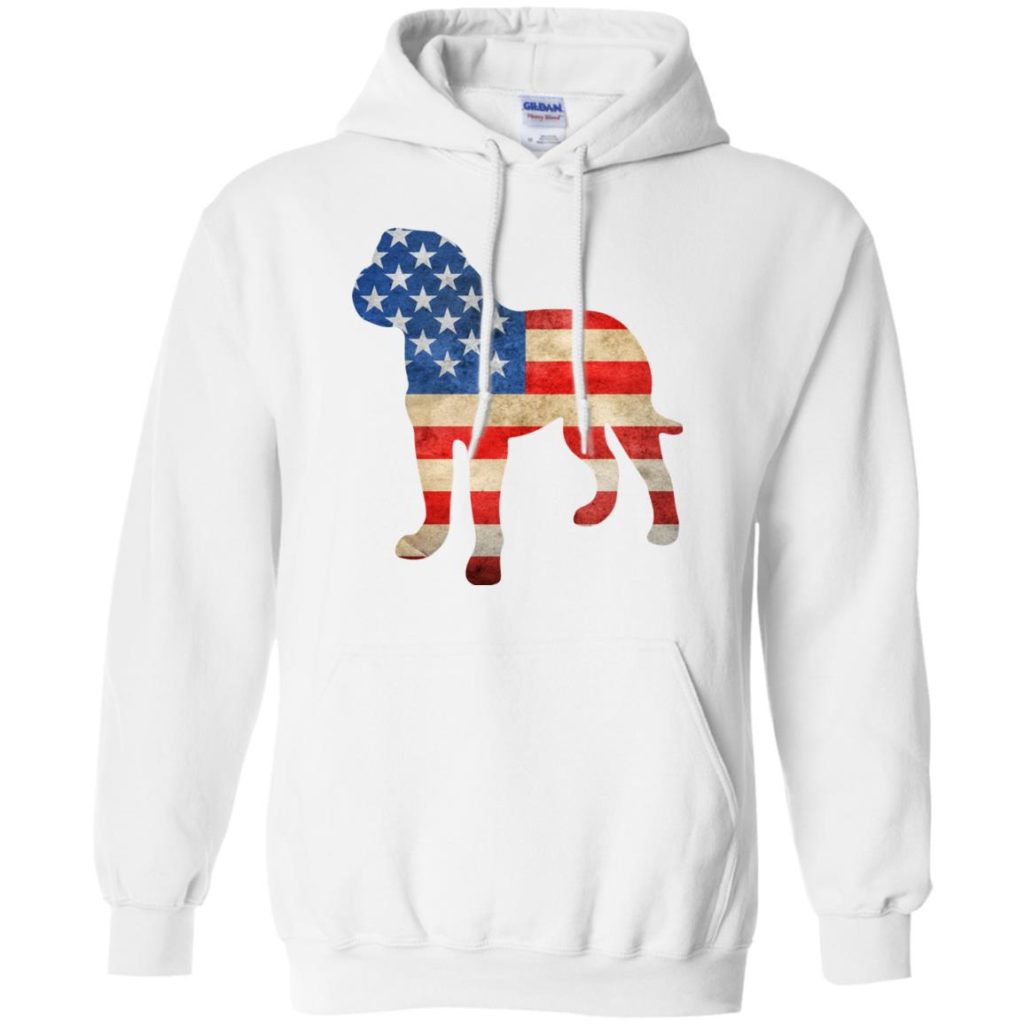
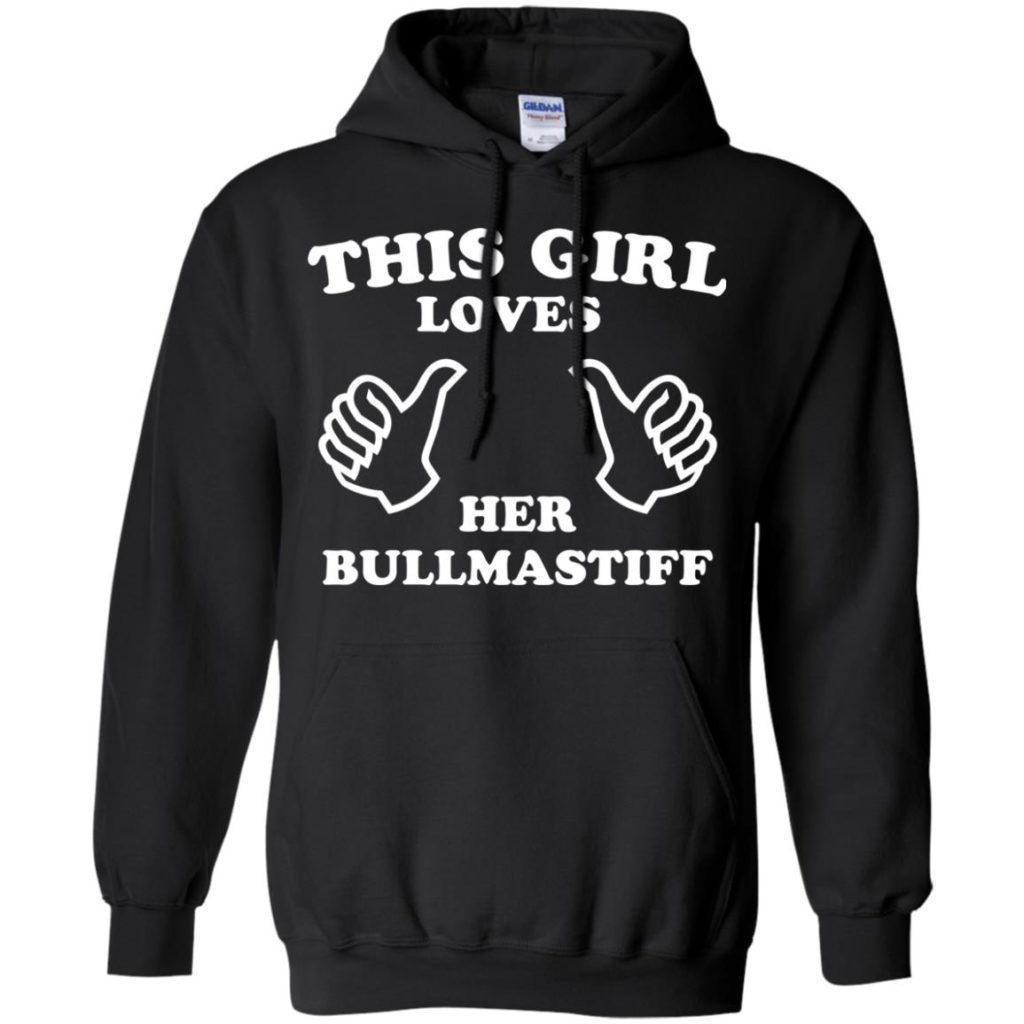

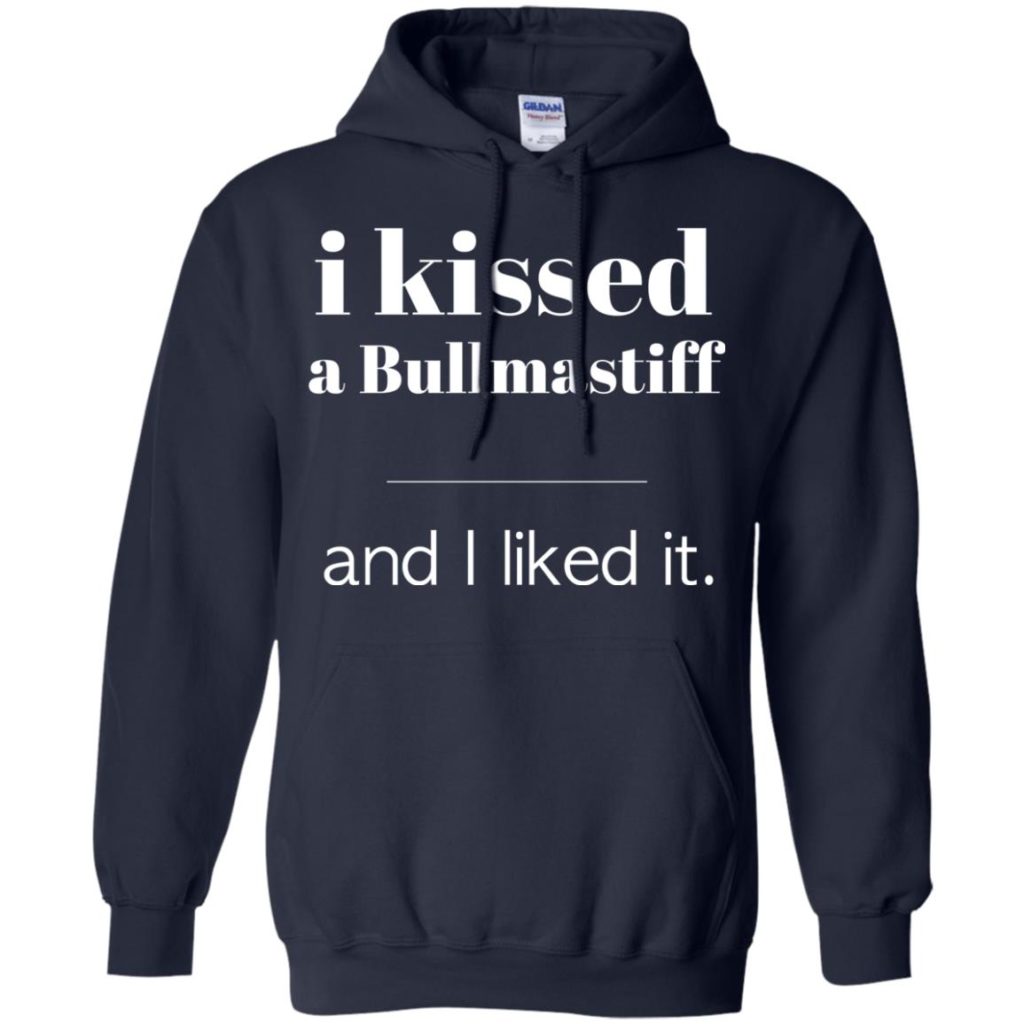

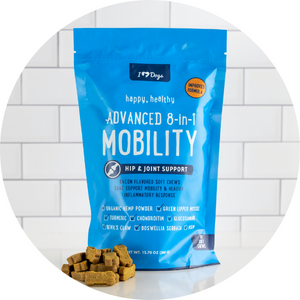
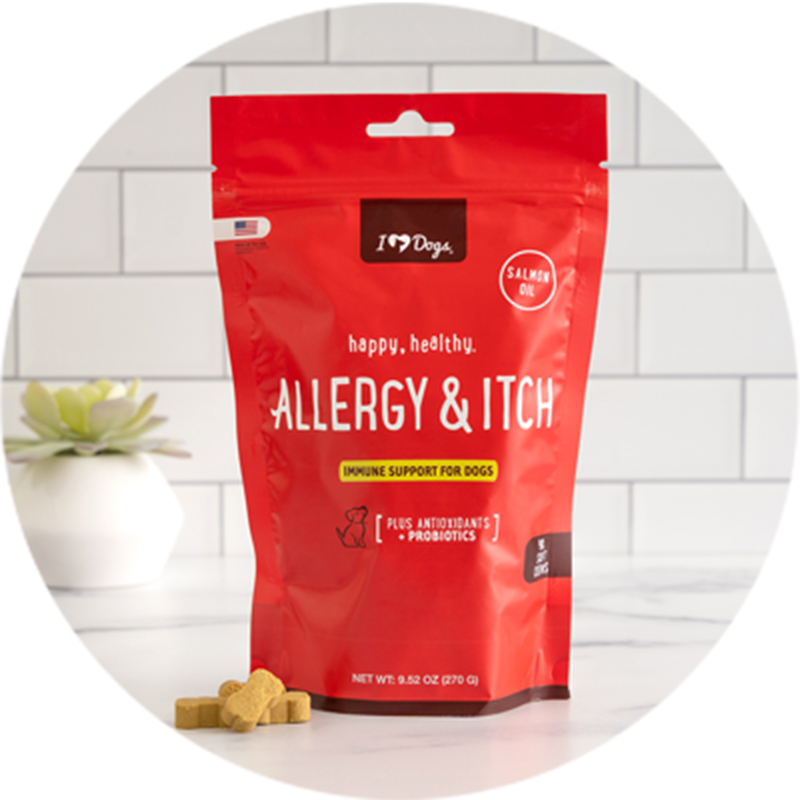
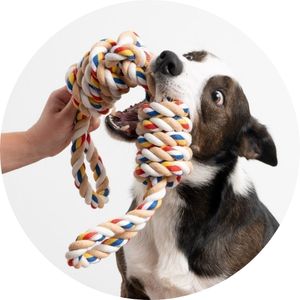
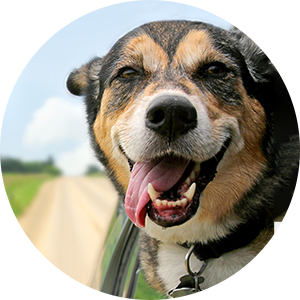
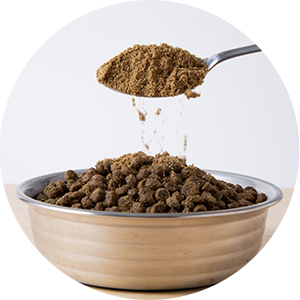
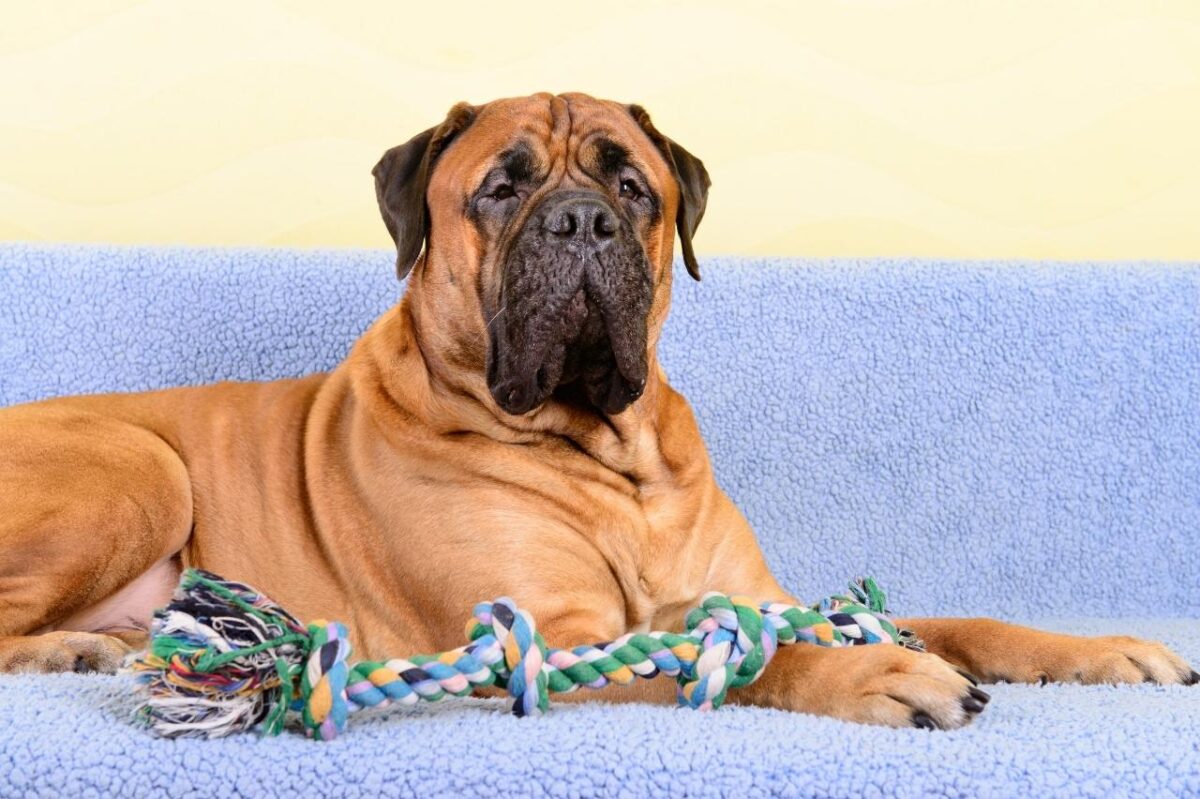

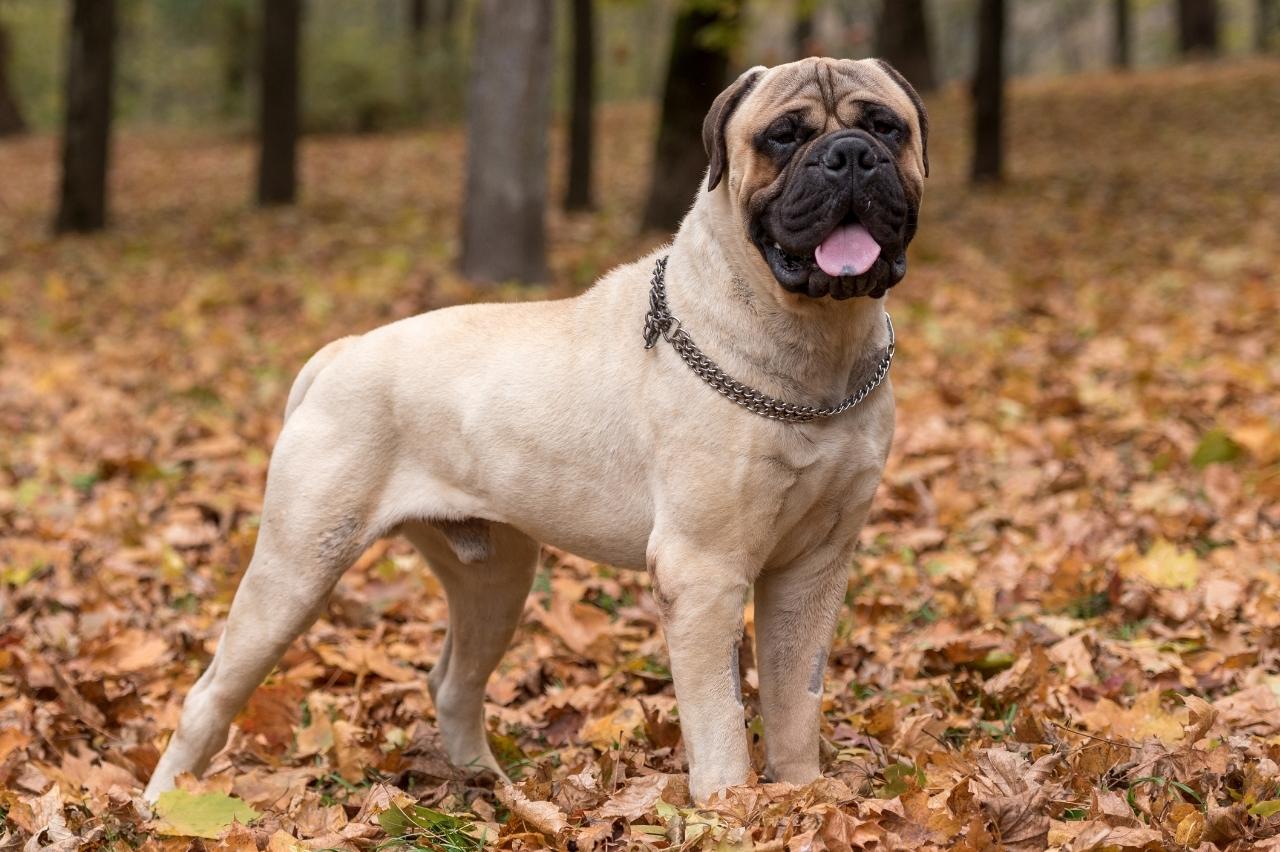
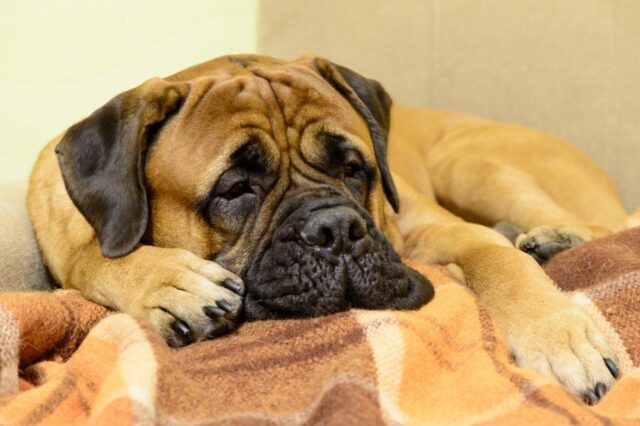
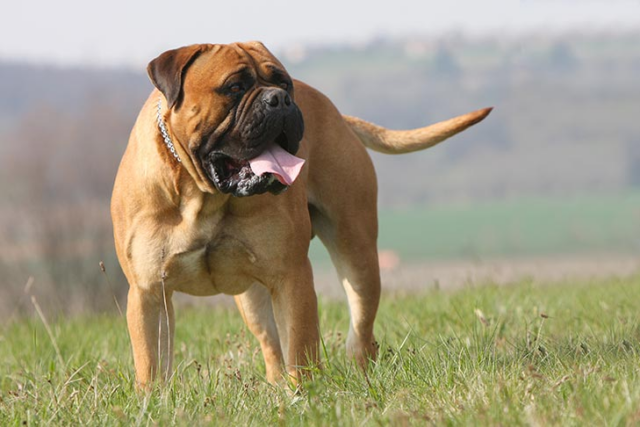
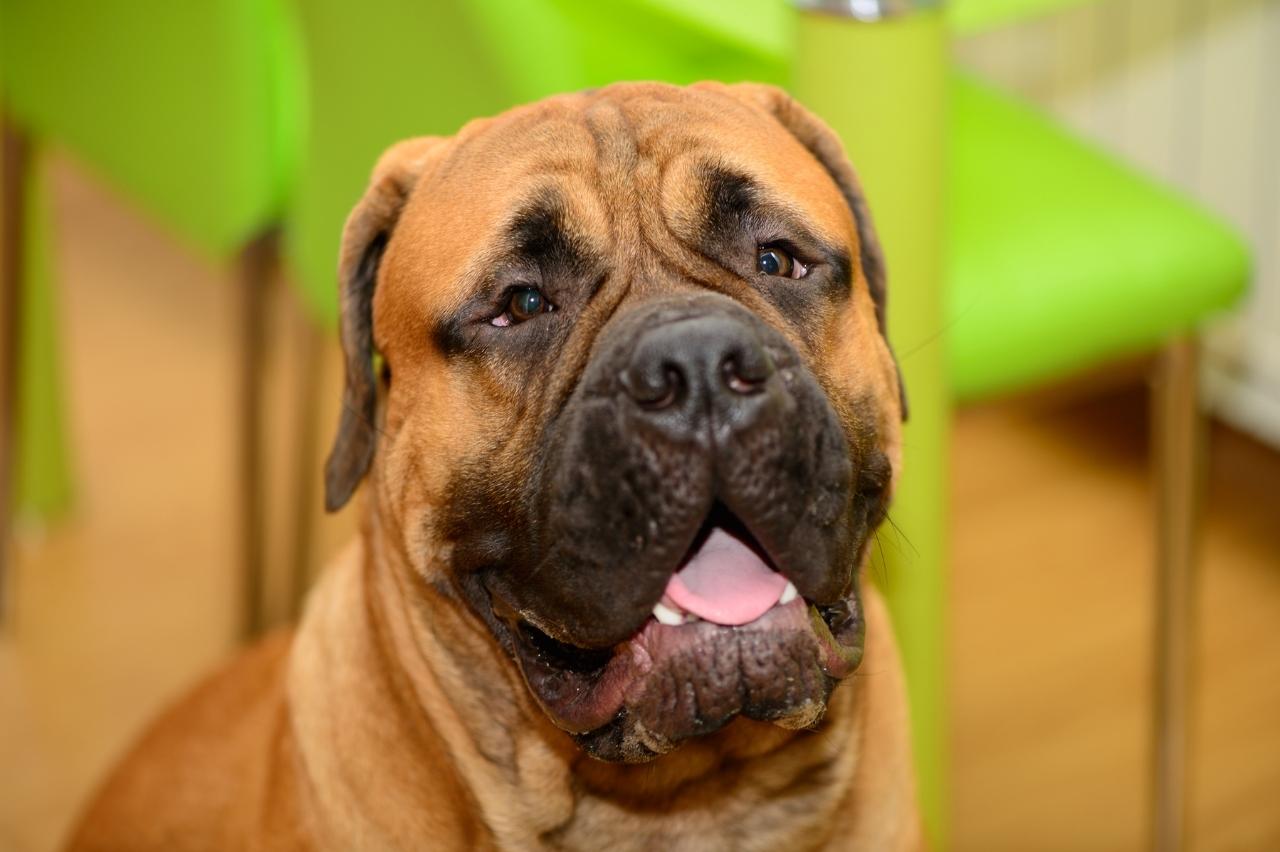

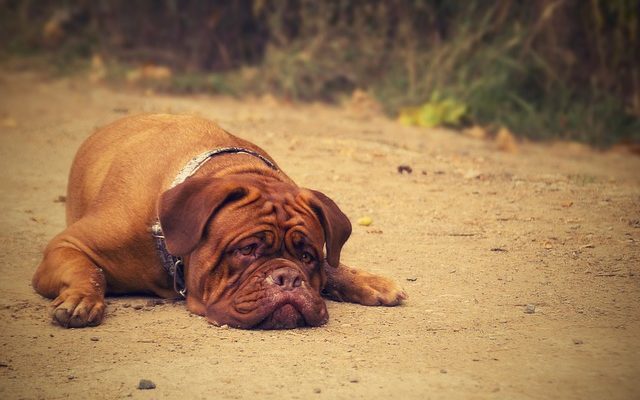
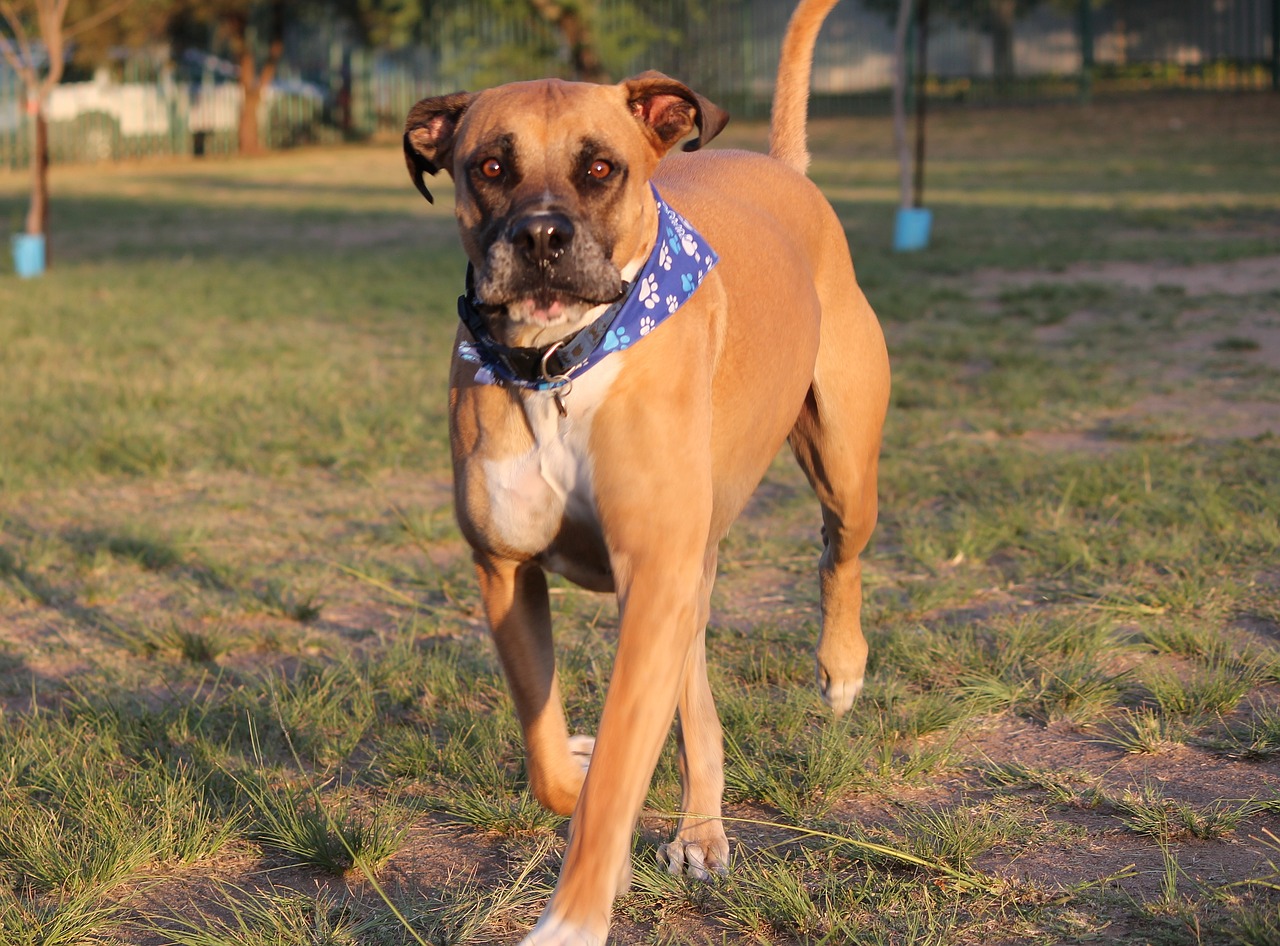
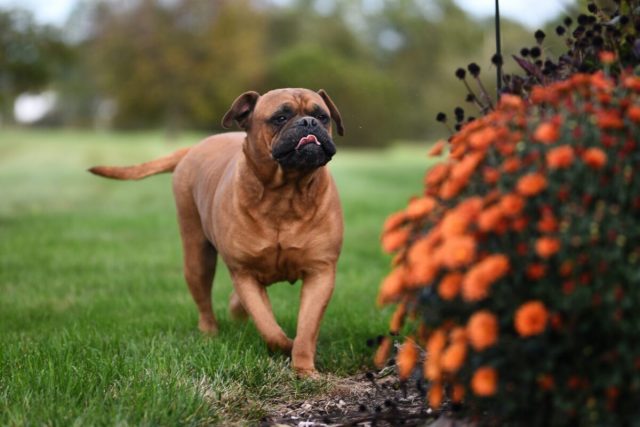
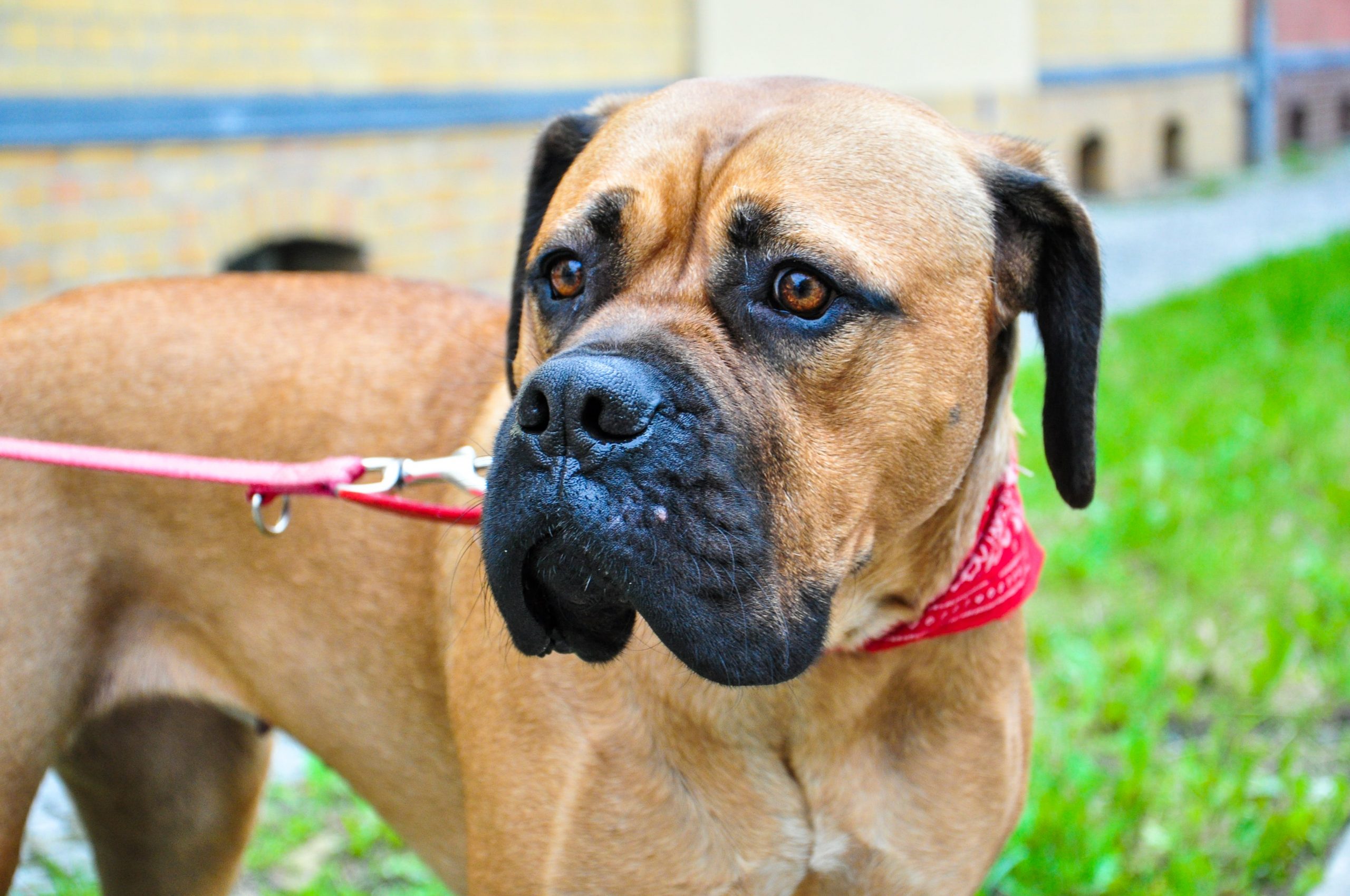
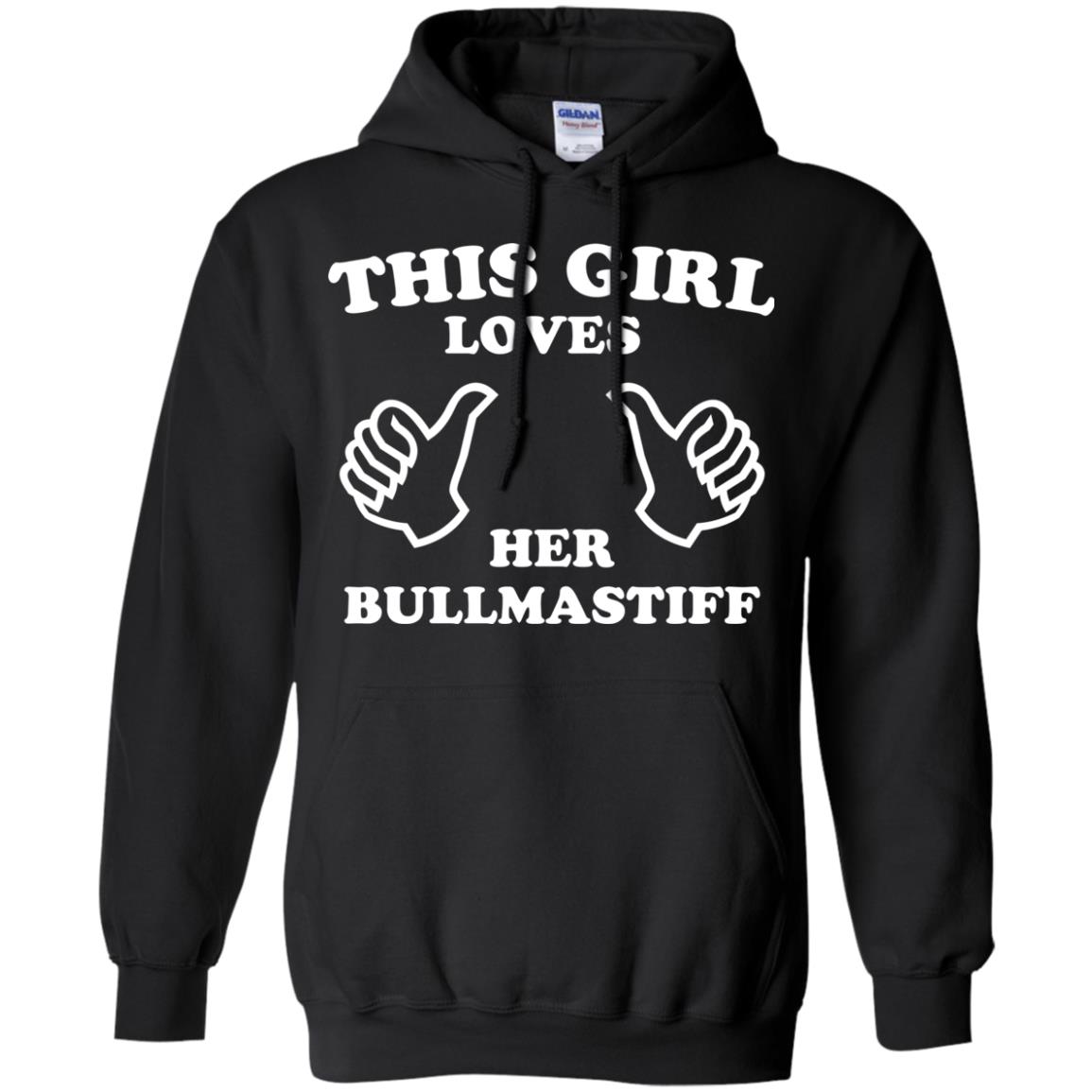
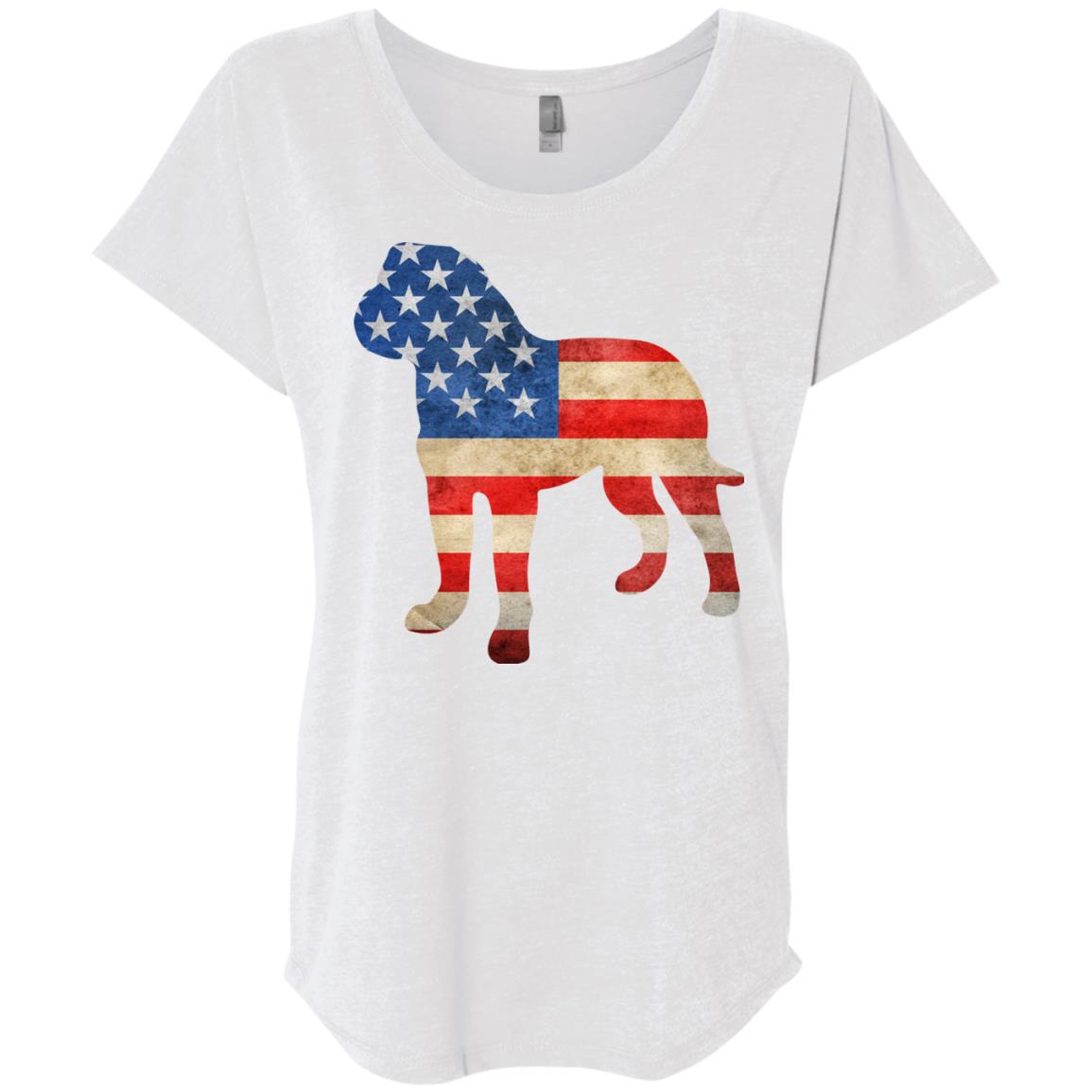
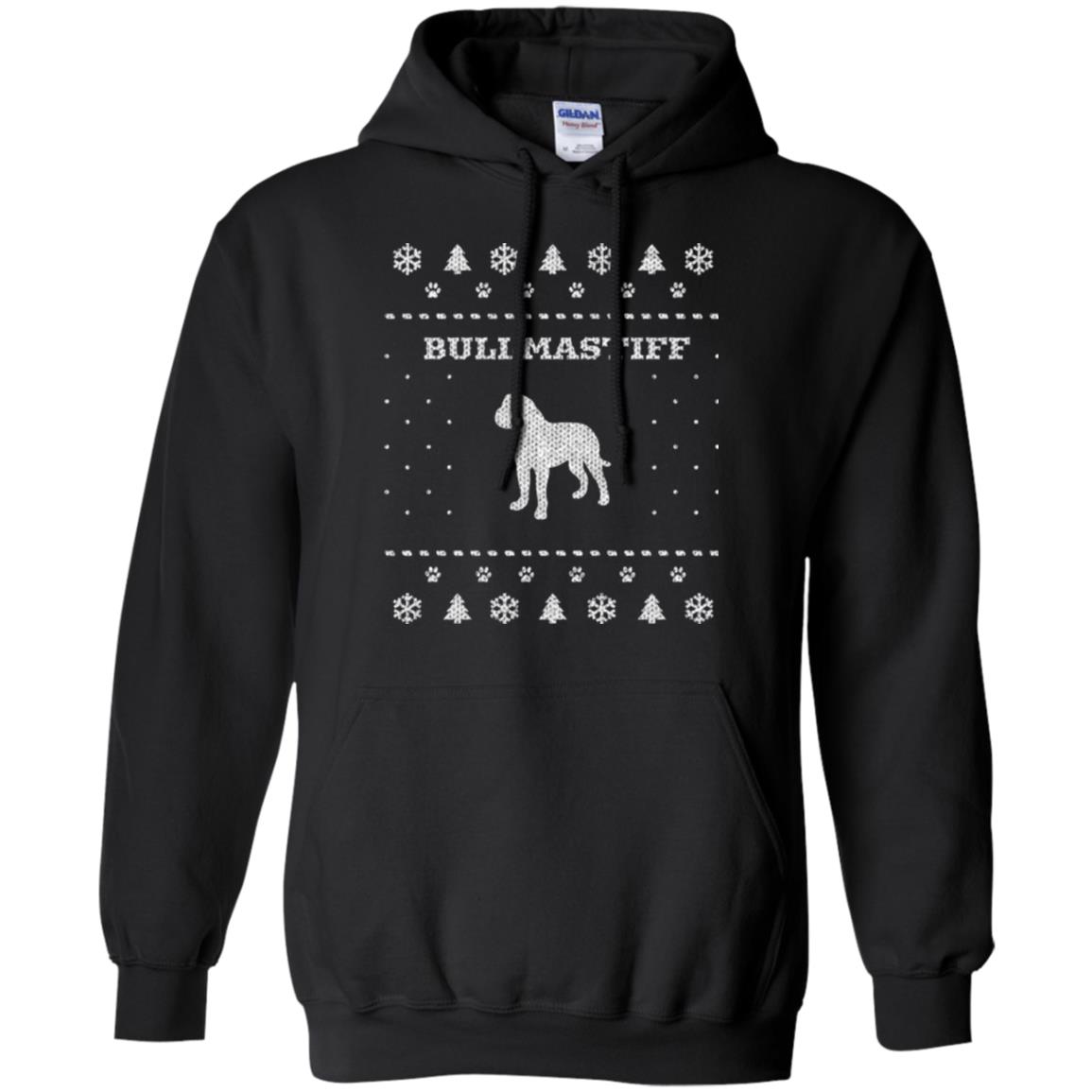
 Toledo, United States.
Toledo, United States.